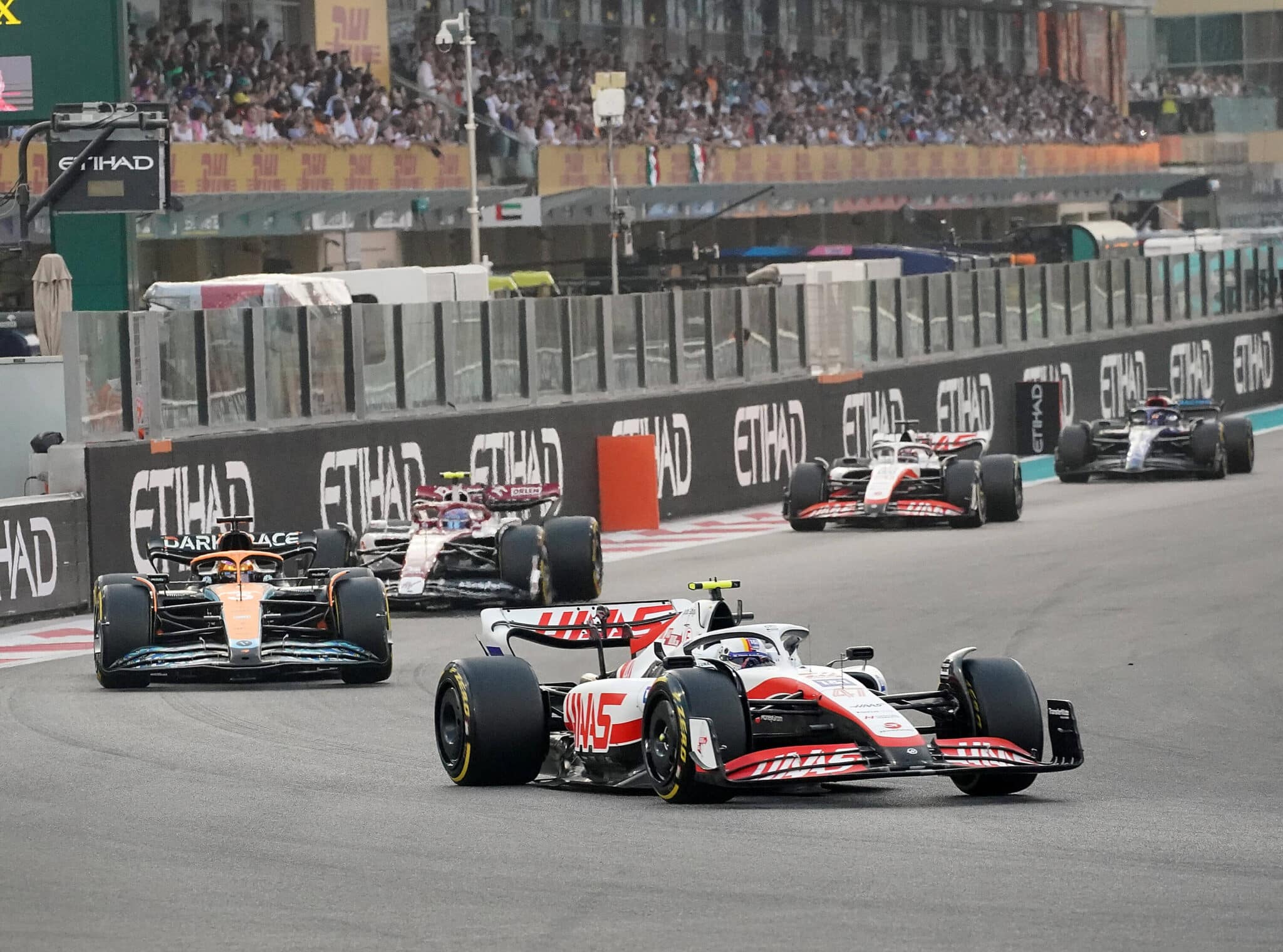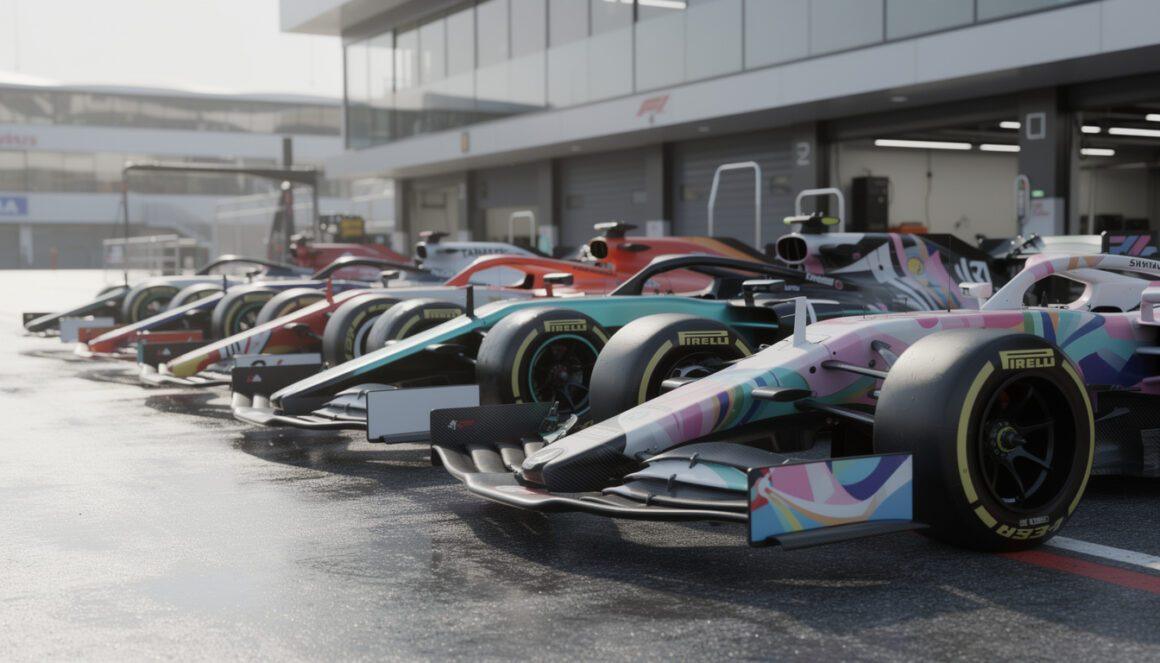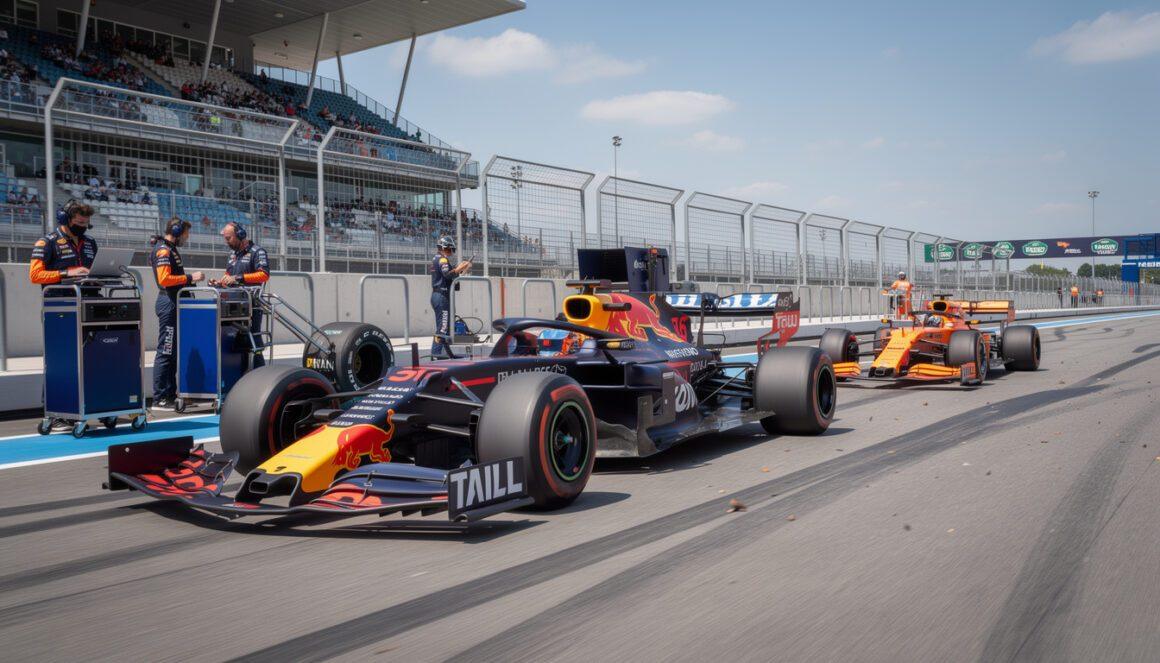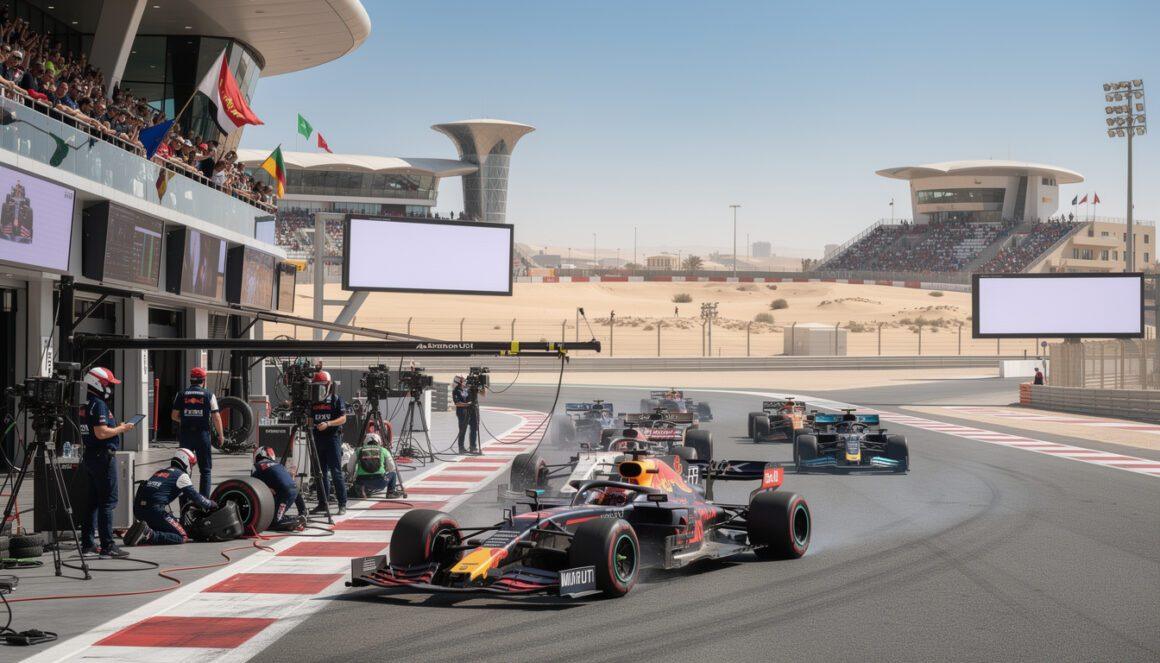What is the horsepower output of an F1 power unit ? Approximately 1,000 horsepower is the combined power output of the gasoline and electric components, which is far more than a typical road car. The gasoline engine operates at 15,000 rpm, which is again far faster than a road car.
F1 cars are faster than Le Mans Hypercar (LMH) cars, with Valtteri Bottas setting a faster lap time at Monza in a 2021 F1 car compared to an LMH car.
This is largely due to the difference in horsepower, with F1 cars producing around 1,000bhp, while LMH cars are capped at 670bhp.
The power of F1 cars is not just about raw horsepower, but also about efficiency and performance. F1 engines are 1.6-liter V6s with specific requirements such as an 80mm bore and 53mm stroke, and they need to be extremely efficient due to limited fuel capacity (110 kg for the entire race).
F1 Engines: Generating 1,000 HP from 1.6 Liters
F1 engines are a marvel of modern engineering. The engine is capable of generating almost 850 horsepower without hybrid assistance, and with the help of two electric motors (MGU-K and MGU-H), the total power output can reach up to 1,000 horsepower.
The MGU-K adds about 160 horsepower to the engine, with the piston engine responsible for around 840 horsepower on its own. This is achieved through the use of advanced technologies such as pre-chamber ignition, which increases efficiency and power output.
F1 engine designers have to work around strict rules and regulations to maximize power output. The complexity of F1 engine technology requires engineers to be highly skilled at optimizing performance within these rules.
Factors Contributing to F1 Cars’ High Horsepower
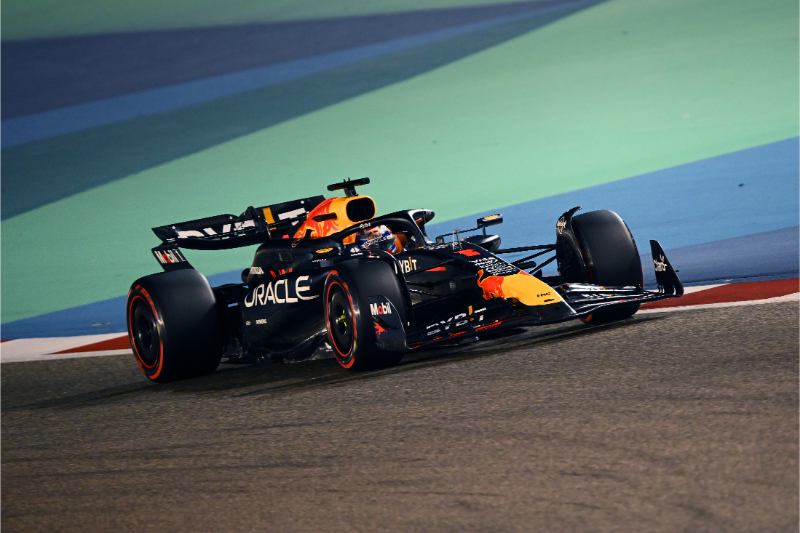
Several factors contribute to the high horsepower of F1 cars. One of the most significant is the use of hybrid power units, which combine a conventional V6 engine with an electric motor. This results in a total power output of around 1,000 horsepower.
Another factor is the weight of the F1 car. An F1 car typically weighs around 740 kilograms, which, when combined with its high horsepower, results in an impressive power-to-weight ratio. This ratio is crucial for the car’s performance, allowing it to reach speeds of up to 400 km/h.
Lastly, the significant amount of money spent on engine development plays a role. F1 teams spend around $14 billion on engine development, with each F1 engine cylinder contributing an average of 123 horsepower to the overall performance.
The Most Powerful F1 Engine Ever Made
In 1986, BMW introduced the most powerful F1 engine ever made: the BMW M12/13/1. This engine was capable of producing an astounding 1,100 horsepower, pushing the limits of what was thought possible in F1 racing.
The Benetton B186, which used this engine, was able to produce over 1,350 horsepower in qualifying and 900 horsepower in race conditions. This makes it one of the most powerful F1 cars in history.
However, it’s important to note that only 7% of F1 cars reach or exceed the 1,000 horsepower mark. The horsepower of F1 cars has increased over the years, with a 14% increase in horsepower across all F1 cars in the last decade.
F1 Cars vs. Regular Cars: A Horsepower Comparison
Comparing the horsepower of F1 cars to regular cars is like comparing apples to oranges. While regular cars typically have horsepower ratings in the range of 100 to 400 horsepower, F1 cars boast a horsepower ranging from 950 to 1,050 HP.
This immense power allows F1 cars to reach speeds of up to 400 km/h, while regular cars typically top out at around 250 km/h. The difference in power is due to the advanced engineering and technology used in F1 cars, as well as the significant amount of money spent on their development.
The Evolution of F1 Car Engines

The development of engineering and technology over time has led to a significant evolution of F1 car engines.
F1 engines have consistently pushed the limits of performance and efficiency, starting with the early 1.5-liter V8 engines and continuing with the present 1.6-liter V6 turbocharged engines.
The F1 teams have put forth endless effort to develop cutting-edge strategies to increase the horsepower of their engines with each new era, making sure their race vehicles are at the forefront of performance and technology.
Comparing Horsepower Across Different F1 Eras

The horsepower of F1 engines has changed as well.
The entire performance of an F1 car is greatly influenced by factors like chassis design, aerodynamics, and driver talent.
